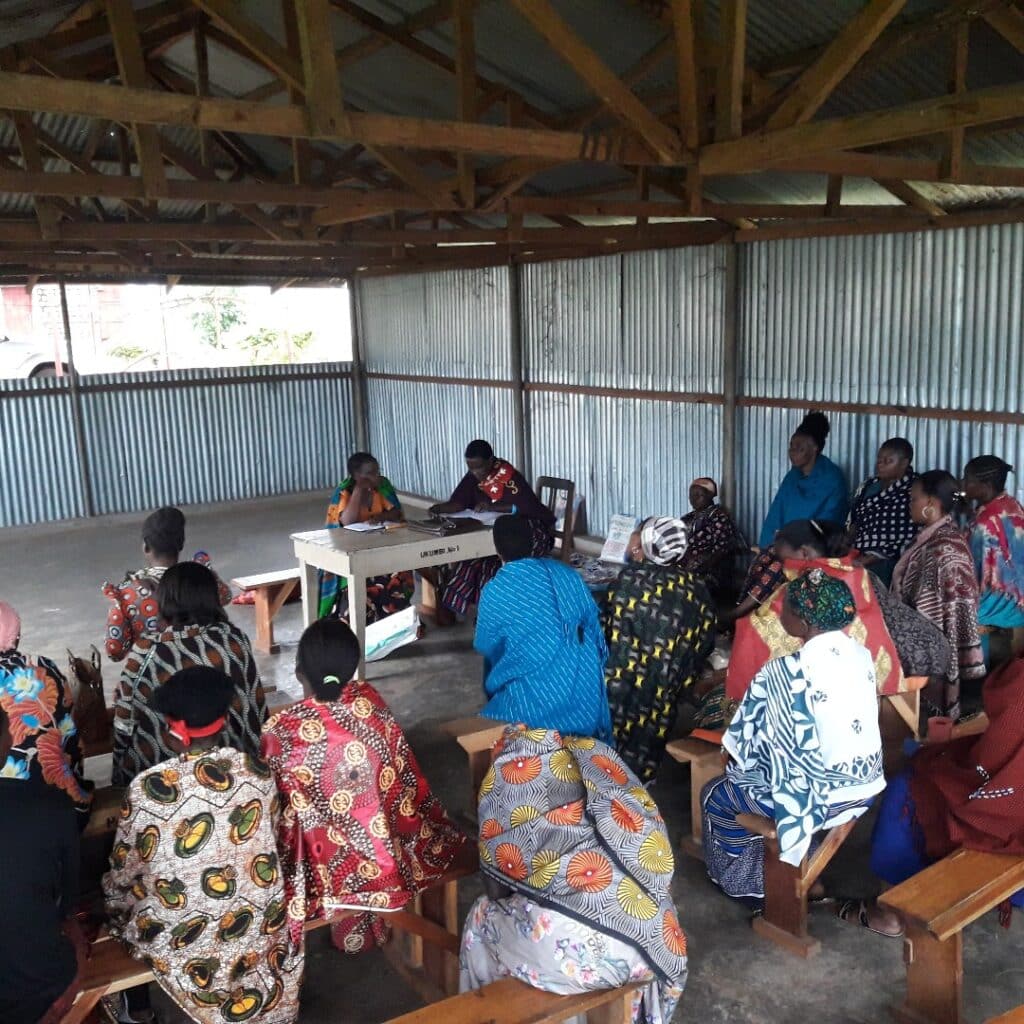Access to traditional banking services and loans remains a significant hurdle for many families across Africa, often perceived by financial institutions as high-risk borrowers. This perception leads to restricted access to critical financial products. In response, microfinance institutions and innovative technological solutions have begun to address these challenges, offering small but impactful loans to both families and entrepreneurs. These financial opportunities, albeit modest, can lead to profound transformations in their lives and enterprises.
What amplifies the impact of these loans is the simultaneous focus on enhancing financial literacy in Africa. This initiative equips families with the essential knowledge and skills needed to manage their finances effectively, making the most of their scarce resources. Education in financial literacy is crucial, as it unlocks the door to long-term stability and a higher standard of living. In essence, fostering financial literacy in Africa is not just about providing financial aid but about empowering individuals with the tools they need for sustainable financial management and growth.
Here are 3 powerful financial tools empowering small business borrowers:
1. Empowering Borrowing Decisions
With financial literacy, families can understand the terms and conditions of the loans they take, including interest rates, repayment schedules, and associated fees. Armed with this knowledge, they can make informed borrowing decisions that suit their specific needs and capacities. Oftentimes times we see our partner programs find success in educating borrowers through group training activities.

2. Budgeting for Stability
With limited funds, budgeting becomes even more critical for small loan borrowers. Financial literacy equips families with the ability to create and stick to a budget. By tracking their income and expenses, they can ensure that loan funds are used wisely and efficiently, preventing unnecessary spending and ensuring timely repayments.
3. Building Financial Safety Nets
Encouraging a savings culture is a transformative step for African families with small loans. Families taught about savings are better prepared to deal with unexpected expenses or emergencies. By setting aside a portion of their income regularly, they create a safety net that helps them withstand financial shocks and avoid falling into debt traps. Educating families on the benefits of saving can provide them with opportunities for investment, expanding their businesses, or securing better living conditions.

